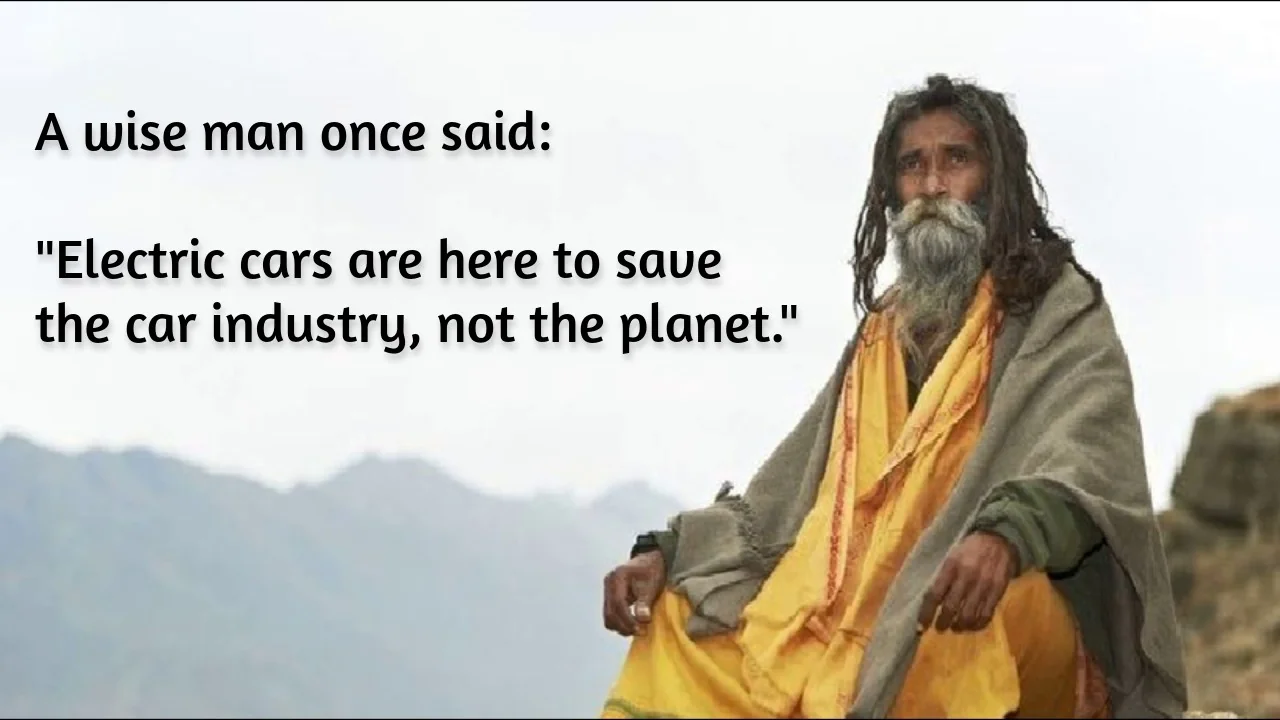Fuck Cars
A place to discuss problems of car centric infrastructure or how it hurts us all. Let's explore the bad world of Cars!
Rules
1. Be Civil
You may not agree on ideas, but please do not be needlessly rude or insulting to other people in this community.
2. No hate speech
Don't discriminate or disparage people on the basis of sex, gender, race, ethnicity, nationality, religion, or sexuality.
3. Don't harass people
Don't follow people you disagree with into multiple threads or into PMs to insult, disparage, or otherwise attack them. And certainly don't doxx any non-public figures.
4. Stay on topic
This community is about cars, their externalities in society, car-dependency, and solutions to these.
5. No reposts
Do not repost content that has already been posted in this community.
Moderator discretion will be used to judge reports with regard to the above rules.
Posting Guidelines
In the absence of a flair system on lemmy yet, let’s try to make it easier to scan through posts by type in here by using tags:
- [meta] for discussions/suggestions about this community itself
- [article] for news articles
- [blog] for any blog-style content
- [video] for video resources
- [academic] for academic studies and sources
- [discussion] for text post questions, rants, and/or discussions
- [meme] for memes
- [image] for any non-meme images
- [misc] for anything that doesn’t fall cleanly into any of the other categories
Recommended communities:
view the rest of the comments

Absolutely. And the benefit trains have over cars is that you can reduce the amount of other stuff per person needed to get people moving.
For a local train of mine that seats 93 people with empty weight of 54 metric tons, that comes out to ~0.58 tons/person.
My sedan weighs in at about 1.5 metric tons empty, and since I'm the only one that uses it, my weight footprint is ~1.5 tons/person.
Forget about fuel economy too. Trains don't have traffic (most of the time) to deal with, meaning they can accelerate to coasting speeds and spend most of the ride at best-efficiency. Cars are subject to traffic conditions, meaning efficiency can be as-designed by the manufacturer, or it can be much, much worse on a per trip basis if you contribute to the daily rush hours on freeways.
There is also much less friction on rails compared to rubber on roadways. If demand increases the length of the train can be increased or more trains added. This helps prevent the cycle of needing more lanes (rail lines in this case).